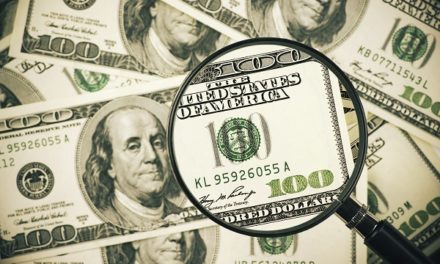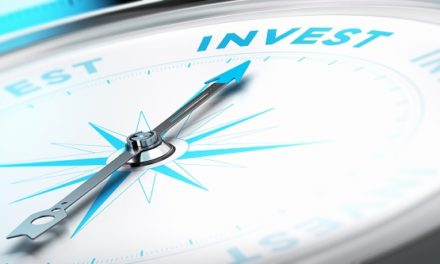
“Only buy something that you’d be perfectly happy to hold if the market shut down for 10 years.”
— Warren Buffett
The Warren Buffett investment philosophy calls for a long-term investment horizon, where a ten year holding period, or even longer, would fit right into the strategy. How would such a strategy have worked out for an investment into Baker Hughes, A GE Company (NYSE: BHGE)? Today, we examine the outcome of a ten year investment into the stock back in 2009.
| Start date: | 10/14/2009 |
|
|||
| End date: | 10/11/2019 | ||||
| Start price/share: | $46.21 | ||||
| End price/share: | $22.23 | ||||
| Starting shares: | 216.40 | ||||
| Ending shares: | 251.43 | ||||
| Dividends reinvested/share: | $6.50 | ||||
| Total return: | -44.11% | ||||
| Average annual return: | -5.65% | ||||
| Starting investment: | $10,000.00 | ||||
| Ending investment: | $5,590.98 | ||||
As we can see, the ten year investment result worked out poorly, with an annualized rate of return of -5.65%. This would have turned a $10K investment made 10 years ago into $5,590.98 today (as of 10/11/2019). On a total return basis, that’s a result of -44.11% (something to think about: how might BHGE shares perform over the next 10 years?). [These numbers were computed with the Dividend Channel DRIP Returns Calculator.]
Notice that Baker Hughes, A GE Company paid investors a total of $6.50/share in dividends over the 10 holding period, marking a second component of the total return beyond share price change alone. Much like watering a tree, reinvesting dividends can help an investment to grow over time — for the above calculations we assume dividend reinvestment (and for this exercise the closing price on ex-date is used for the reinvestment of a given dividend).
One more investment quote to leave you with:
“Go for a business that any idiot can run – because sooner or later, any idiot probably is going to run it.” — Peter Lynch




